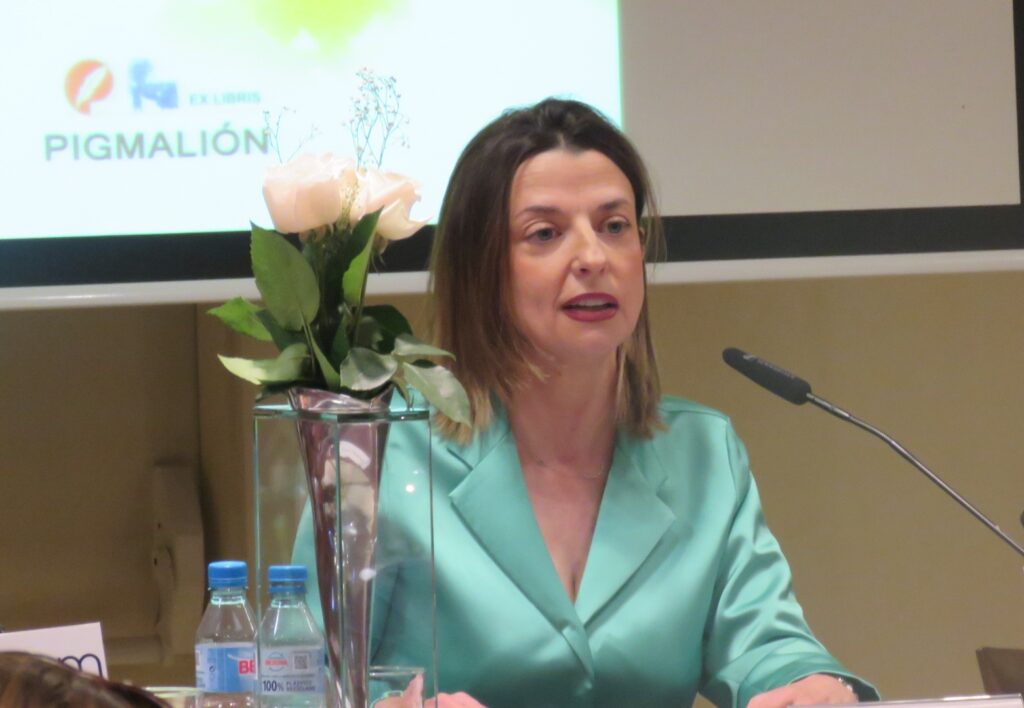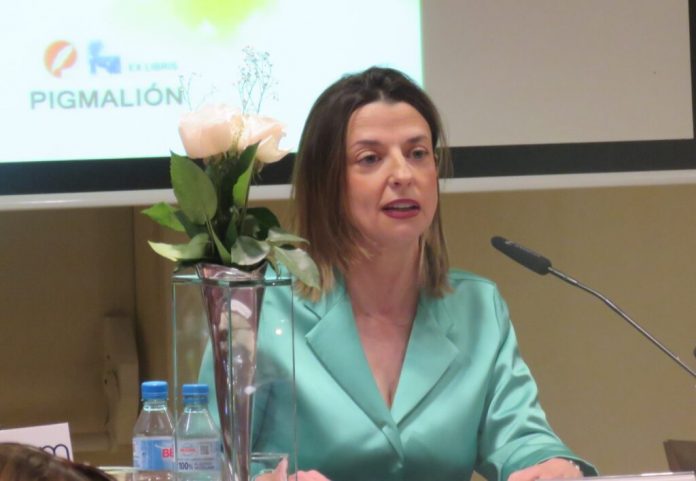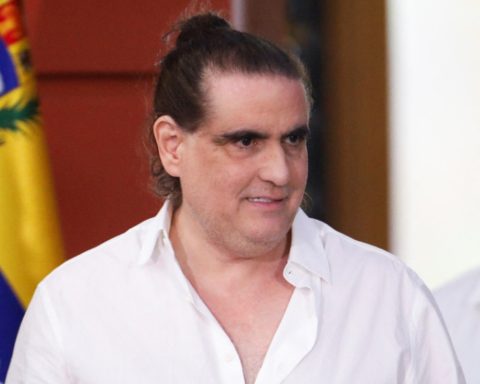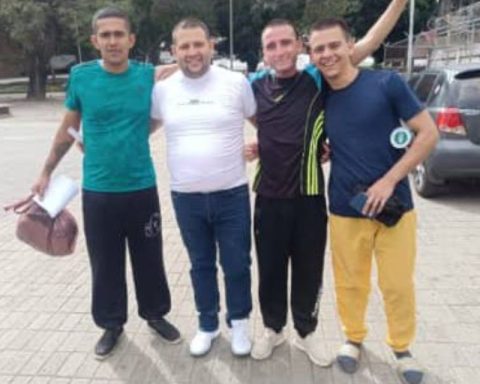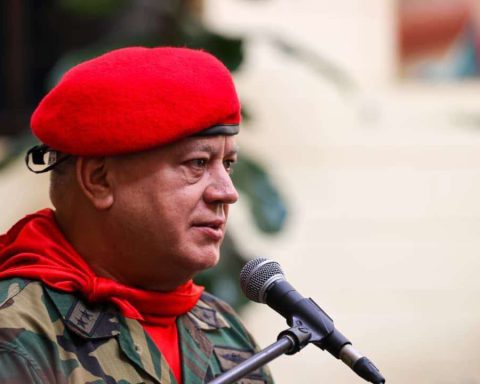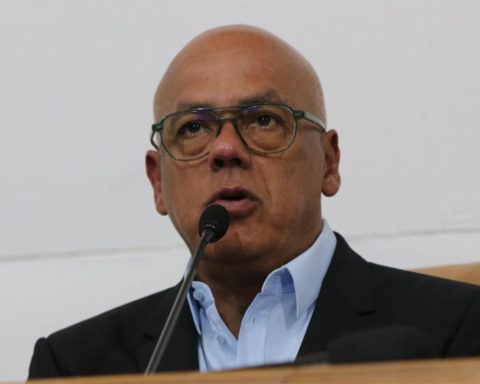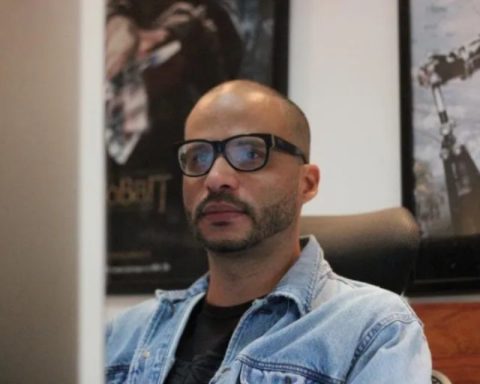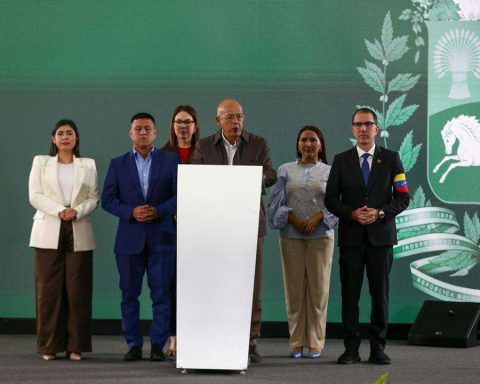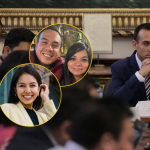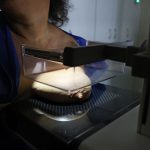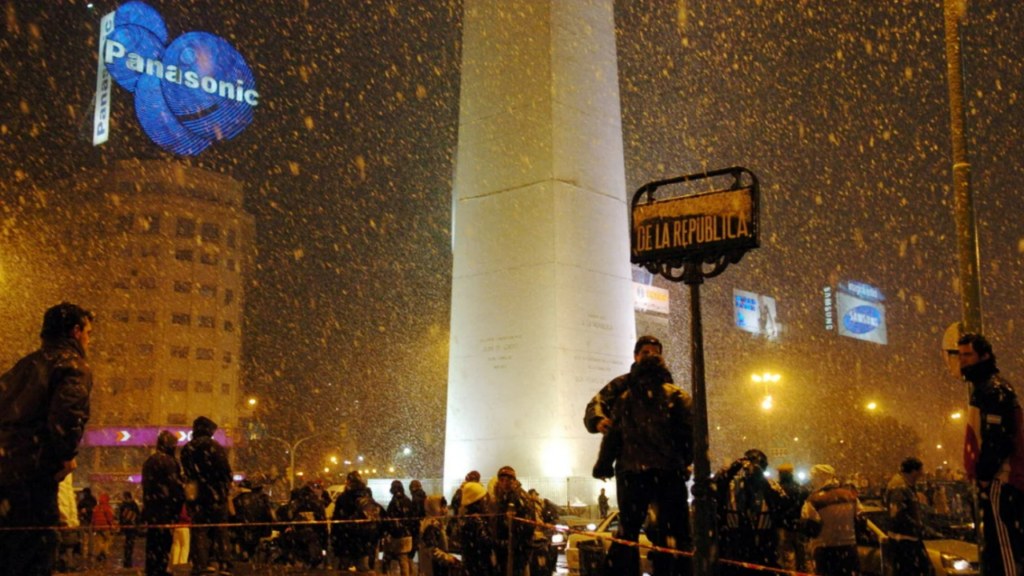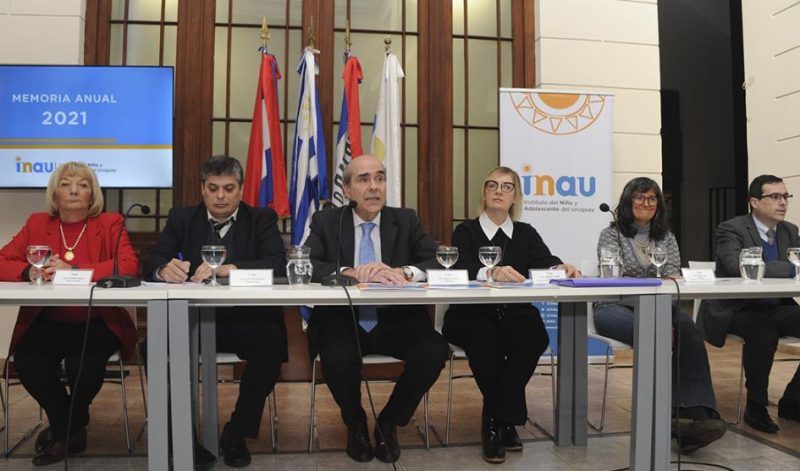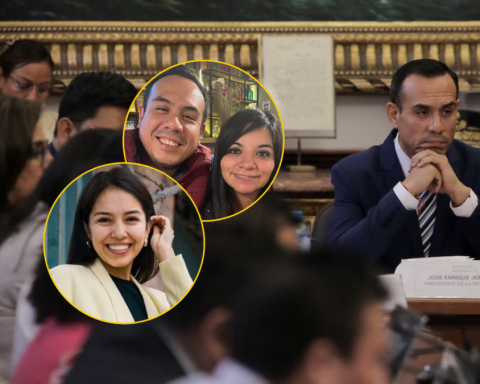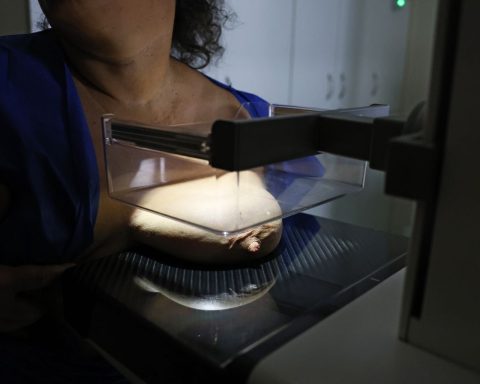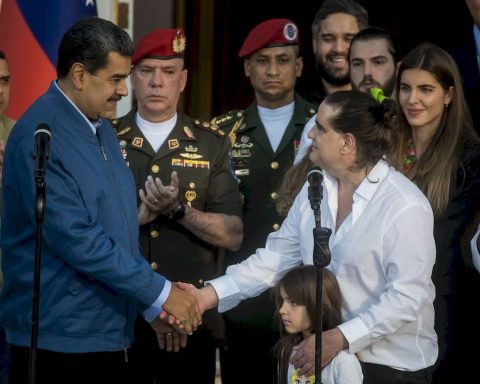A bloody reality. That was what the Spanish journalist found in Venezuela Nuria Ramos during the years in which he worked as a correspondent in the country. During that stage, she tells about herself, she lived and suffered the suffering of millions of Venezuelans facing the crisis and that is precisely what motivated her to write Journey to the heart of hell.
«The book is a way of avoiding oblivion. People remember the stories of the incredible hidalgo Don Quixote de la Mancha because the book exists and they don’t forget them because the book exists. One way to prevent forgetting is by writing and that is why I wanted to make this book », he says.
From his experience, the clarity that many citizens do not have opportunities or basic services. For this reason, he wanted to give them a voice and tell the world about that country that he, with his journalistic work, he discovered.
“Venezuela is a subject country in which a few live well at the expense of many. In Venezuela, the majority of the population does not have the opportunities, nor the needs covered and that is something very bloody that must be told and denounced.
And although he no longer lives in Venezuela, he is clear that distance or proximity is not established by thousands of kilometers away. She also expresses, without complexes, that Venezuelans do not have freedom, the most important right for human beings.
“Venezuela is a country without freedom and where there is no freedom, there is hell because freedom is the most important right that a human being can have for the mere fact of living and existing. When one lives deprived, not only of freedom but of many other rights, one is in hell.
The crisis in Venezuela first hand
The stories in his new book are experiences he lived through as a journalist. He acknowledges that he knew the pain of Venezuelans, suffering with them. «I visited, I traveled, I was in all the places where there was news and I was able to verify with them the lack of water, gas and electricity supply».
In addition, he added: «I interviewed the protagonists in the first person and saw how many were looking for food in the garbage. No one told me what the Venezuelan was going through, but I experienced it firsthand and suffered because when there was no light, there was no one for anyone.
The greatest learning that these years of living in Venezuela left him with is having a professional commitment to tell the world about the crisis because he believes that it is necessary to show with name and surname what so many citizens suffer.
«Writing about the crisis in Venezuela endorses the learning of having lived through the crisis. Experiencing the crisis makes you put yourself much more in the shoes of the one who suffers it. Living through the crisis makes you much more tolerant and closer to the suffering of the people who suffer.
